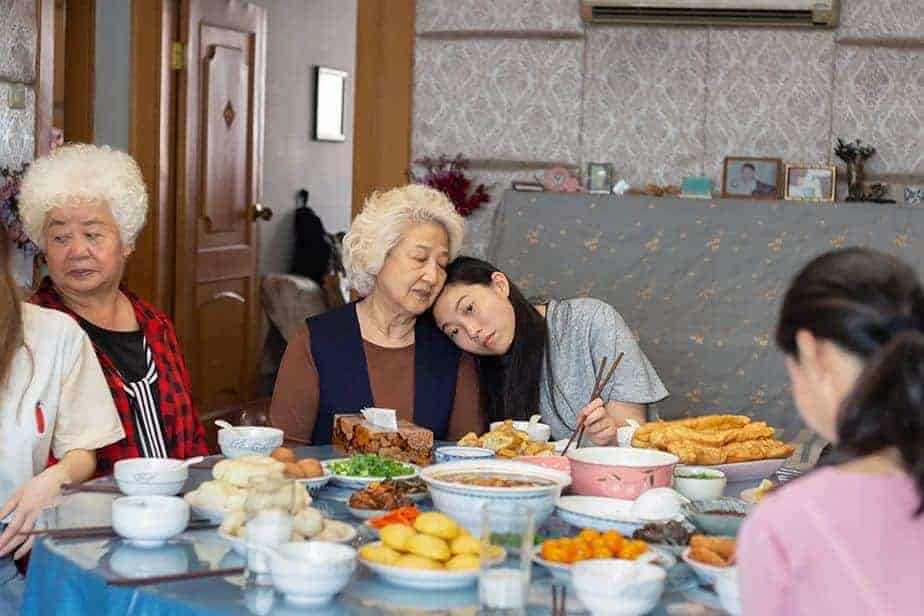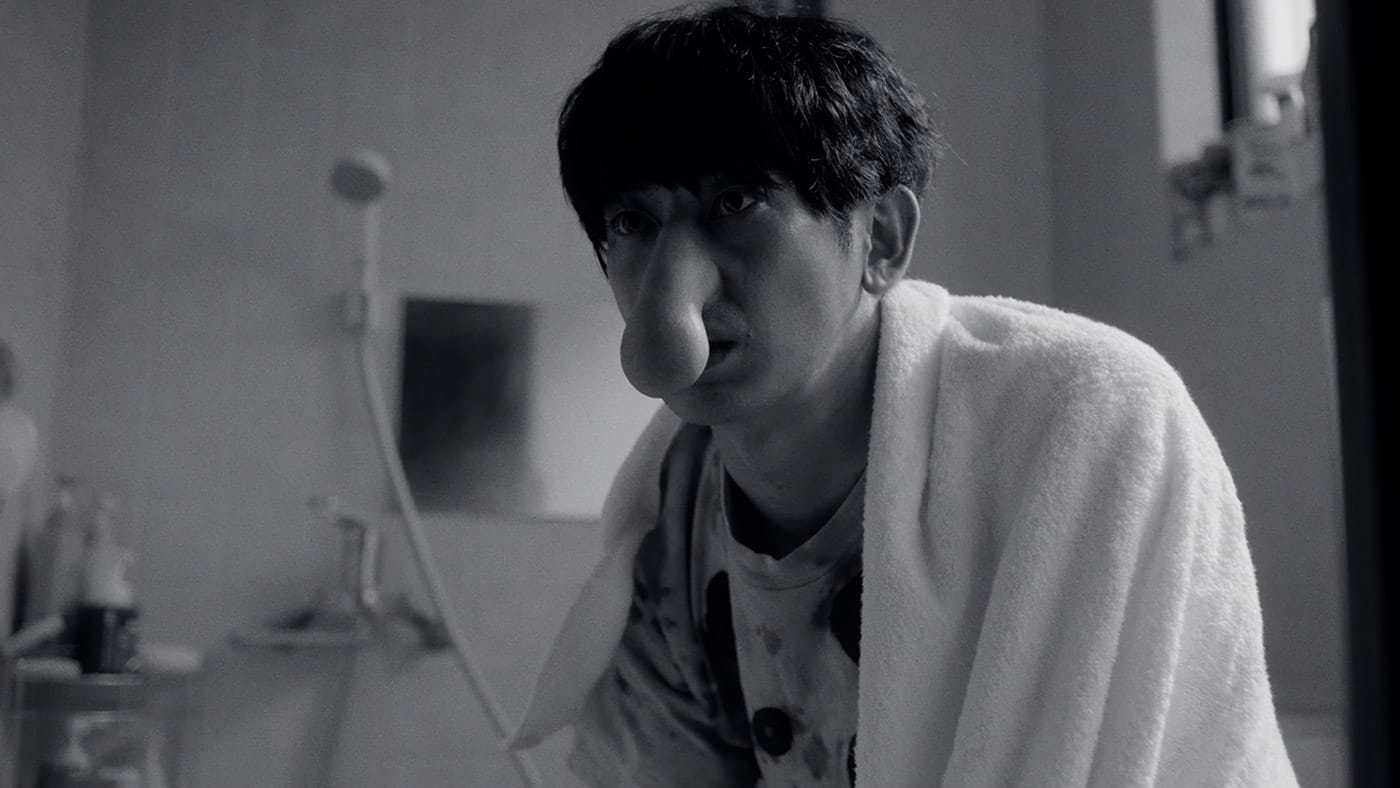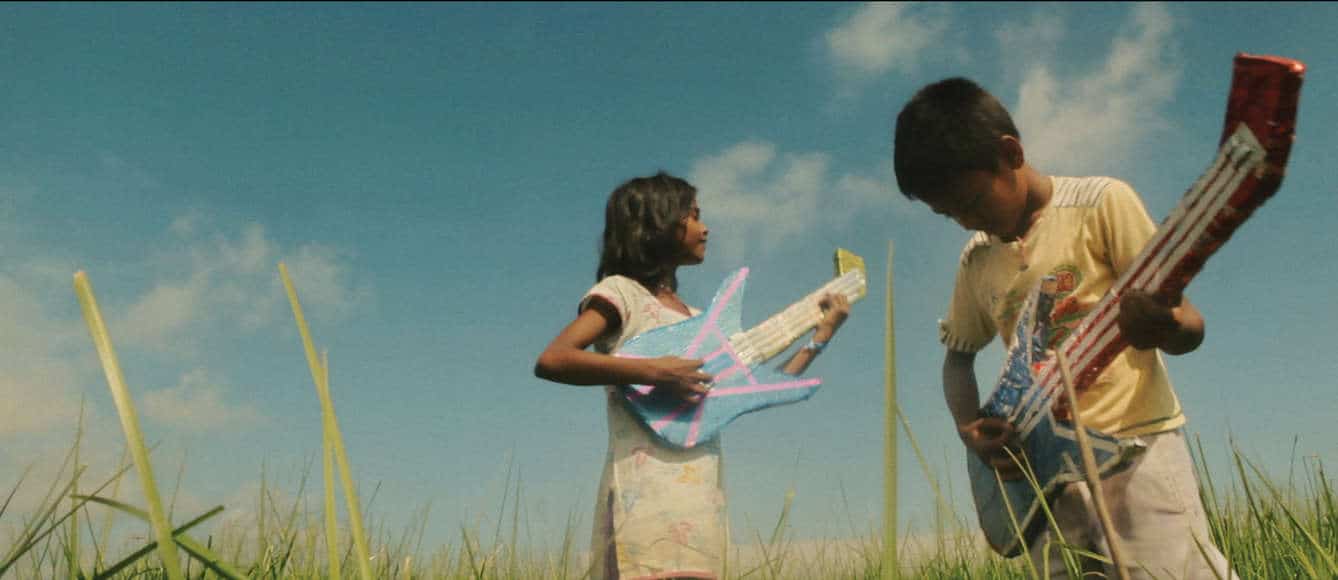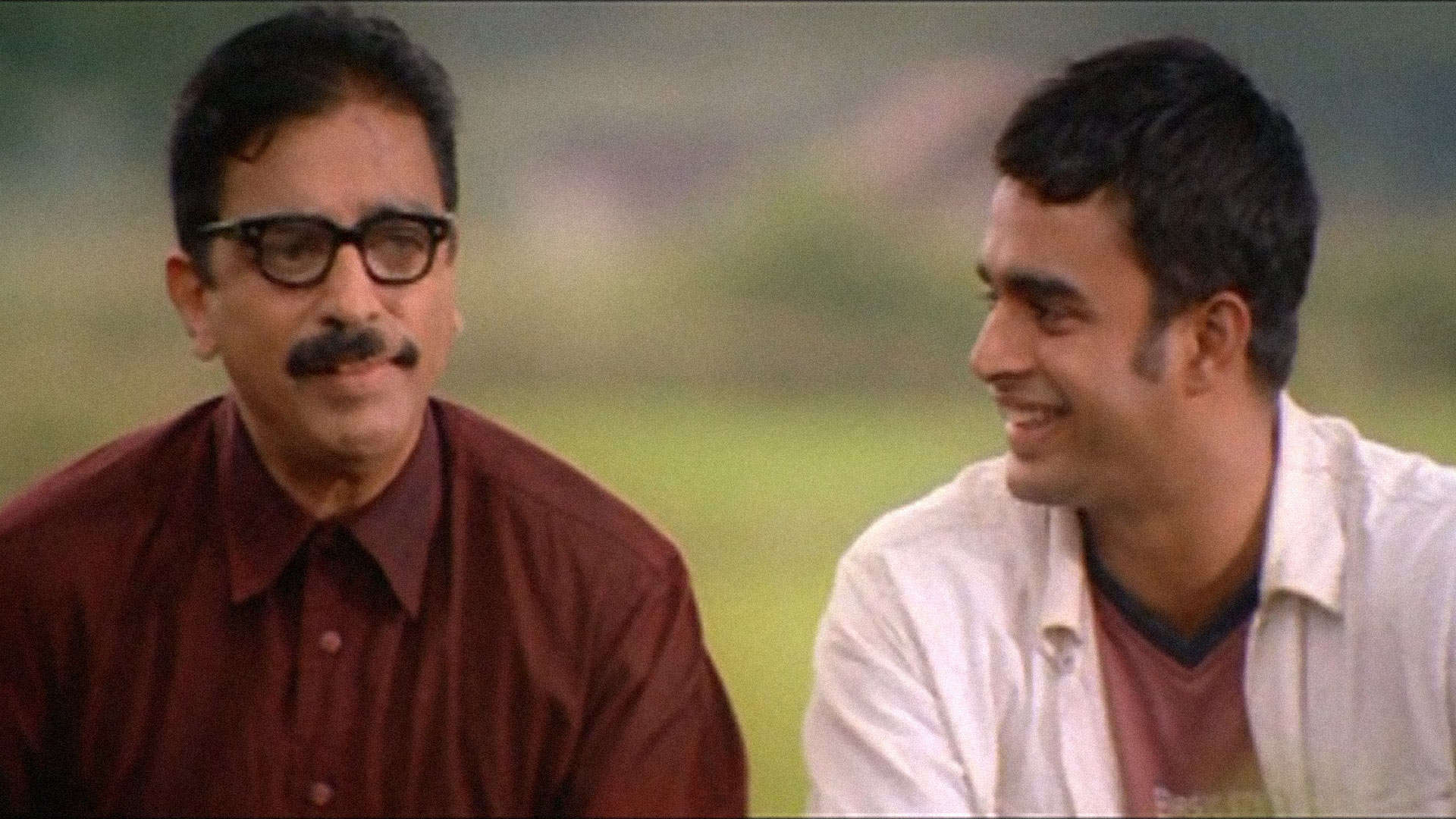By Joanna Nałęcz
We all know how bad news should be given, don’t we? If a cat is dead it is better to say it went on the roof first and break the rest of the story later, bit by bit. “The Farewell” starts with that old joke, but whoever classified it as “comedy” took a risky shortcut. Even if the plot – an elderly lady diagnosed with terminal lung cancer, her family unable to decide if they should tell her or not – results in a series of mildly comical situations. “Mildly” being the key word.
This article is part of the Asian Cinema Education Film Criticism Course 2021

Everything in the film is mild and a bit subdued: the colors, the light, the music. And the family on the screen, so natural and unpretentious, that we tend to believe they are people we peep at through the crack in the door. Even the clash of cultures has the relaxed dynamics of a revolving table. The relatives gathered at the dinner exchange views on their respective lifestyles with no undue riot. As if it were possible to make one clean cut and decide who we are. As if we could simply choose our pick from an array of identities displayed like dishes moving slowly round and round. “China has its benefits! We are not completely useless” – declares defensively someone living in the country. “Of course! The roast duck is still delicious” – retorts one of those with American passports, bringing many a thousand years of culture down to a single dish.
One of the uncountable dishes we can see during this culinary orgy. Food overflows the screen all along. It is prepared, shared and commented upon. It is put in other people’s mouths, whether they like it or not. Hands reach, chopsticks click, lips are licked. We observe the process in a series of subsequent close-ups, so suggestive that we get the impression we are sitting at the same table. Or standing at the same graveyard, for that matter, where the food is also piled, this time for the deceased. All this is an expression of Chinese family spirit and togetherness. Chinese unbreakable, practical zest for life and hospitality that I had an opportunity to sample – on a three days business trip to Guangdong I visited only two factories, but eleven restaurants. No, the contract was not signed in the end, this fact, however, spoilt no one’s good mood or appetite.
But in “The Farewell”, the mood is somber and though most of the family members devour whatever they are given, Billy, the main character (great, heartbreaking performance by Awkwafina), just nibbles at the dishes. “You think one’s life belongs to oneself” – she is told by her uncle. – “But that’s the difference between the East and the West. In the East, a person’s life is part of a whole. Family. Society.” Billie, immersed in her Chinese childhood memories, but already infected with Western individualism, seems to belong to neither China nor America. At thirty, she is still struggling to decide who she is or is not.
Yes, it certainly is a story of identity and change, of cultural differences, of the past and the present, the East and the West. But all of this seems pushed into the background, whilst the real issue is much deeper – and painfully universal. We can sense it all the time, exactly as all the time we are aware of the emotional turmoil underneath the civilized surface of all those family dinners and banquets. On a hastily prepared wedding, organized only to cover up the real reason for the meeting, the veneer starts cracking. Tears flow, emotions burst, all of a sudden the grandma gets more light than the just-married couple. Everyone has something to tell her. Express feelings. Give thanks. Bid the last farewell… this one, however, never happens – and is not needed.
But although we are offered the consolation of a happy ending, it just does not ring true. The truth – whether we tell it aloud or not – is that we are all standing on the roof, alone. With all those unanswered questions.















